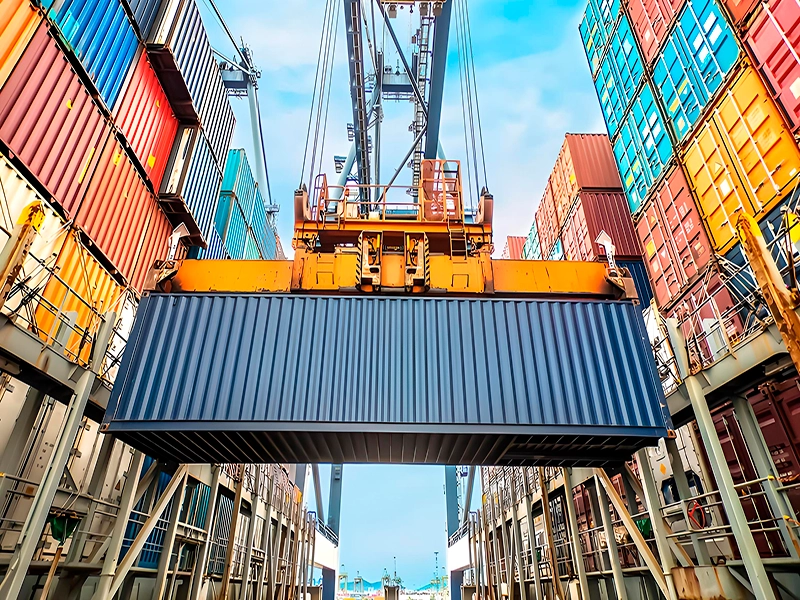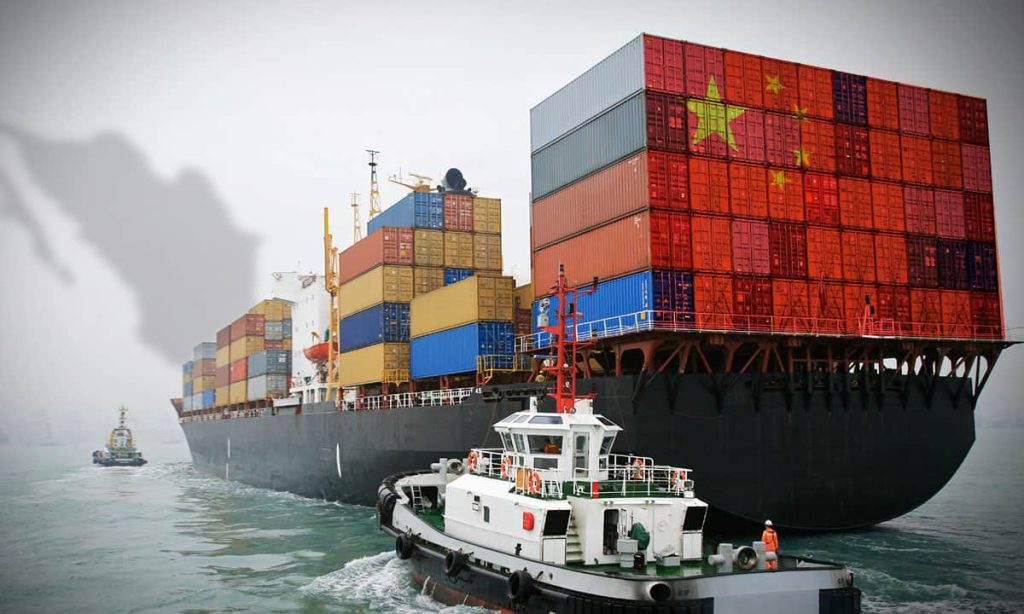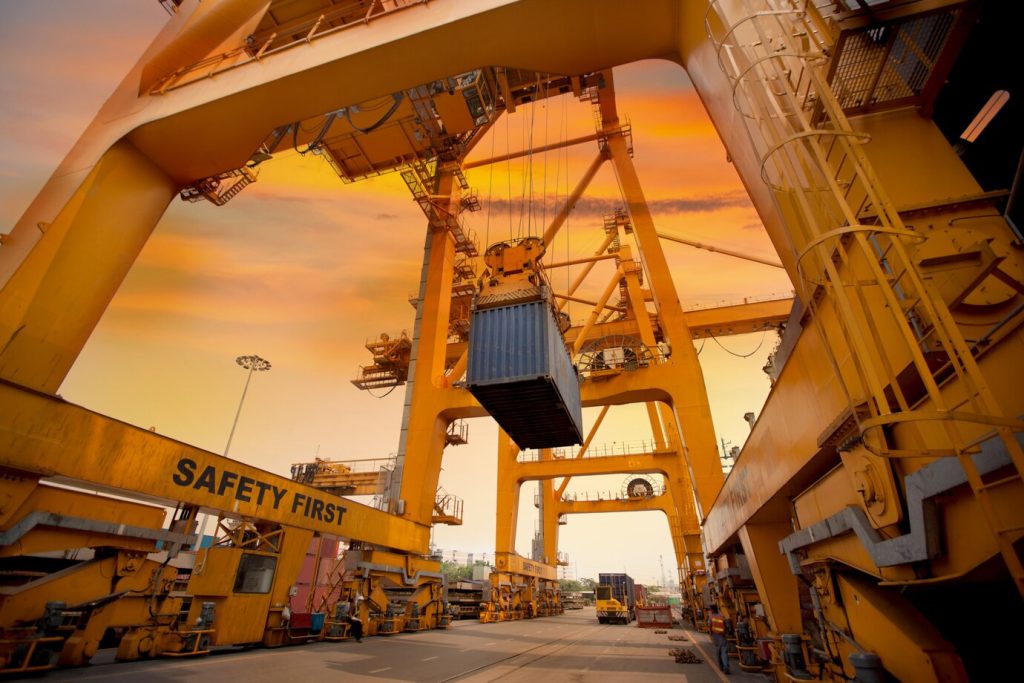The Importer Registry for Specific Sectors is a mandatory record that allows companies to import goods within certain industries in Mexico. This registry has become an essential tool for businesses aiming to participate in international trade, ensuring compliance with the country’s tax and customs regulations. In this article, we will explore the benefits of being part of this registry, the requirements for registration, and some recommendations to optimize your import operations.

What is the Importer Registry for Specific Sectors?
The Importer Registry for Specific Sectors is an extension of the General Importer Registry, managed by Mexico’s Tax Administration Service (SAT). It is required for companies importing products in specific sectors like automotive, textiles, energy, chemicals, and more. Being listed in this registry allows companies to import goods under strict control and regulatory standards.
Not all products require importers to be registered in this specific registry—only those from sectors that handle sensitive or high-risk goods, such as fuels, textiles, chemicals, etc.
Why Is the Importer Registry for Specific Sectors Important?
The registry aims to protect the country from unfair trade practices, such as smuggling, while ensuring companies meet their fiscal obligations. Additionally, it ensures the quality of products entering the country and regulates the import of goods subject to special controls.

5 Benefits of Registering in the Importer Registry for Specific Sectors
Being listed in the Importer Registry for Specific Sectors offers several key advantages for companies involved in international trade. The main benefits include:
- Access to Regulated International Markets: Registration allows businesses to import goods in highly regulated sectors, facilitating access to global markets. Importers who comply with tax and customs obligations can operate with greater confidence and transparency.
- Regulatory Compliance: By registering, you ensure that your company complies with current Mexican laws and regulations, reducing the risk of penalties, fines, or delays in customs clearance. Compliance with SAT standards is crucial for smooth operations and avoiding fiscal issues.
- Enhanced Company Reputation: Companies registered in the Importer Registry are seen as responsible and serious organizations. This can improve trust among clients and suppliers, both domestically and internationally.
- Facilitates International Trade: Access to specific sectors in international trade allows businesses to operate in key economic areas, such as the chemical, food, and automotive industries, expanding their growth and diversification opportunities.
- Reduced Import Risks: Registration helps your business benefit from more efficient and secure customs procedures, minimizing the risks of delays or blocks when importing goods. This is particularly important in sectors where products require stricter controls.
Which Sectors Require Registration in the Importer Registry for Specific Sectors?
Registration in this registry is mandatory for those wishing to import products in sectors such as:
- Automotive: This sector includes the import of vehicles and auto parts. Importing companies must meet strict quality and safety standards set by the Ministry of Economy.
- Textiles: Companies importing textiles and apparel must register to prevent undervaluation and smuggling.
- Chemicals: For importing chemicals and pharmaceuticals, being registered is essential due to strict controls to ensure public health and environmental safety.
- Energy: Importers of fuels and other energy products must comply with stringent regulations regarding product quality and safety.
What Are the Requirements for Registering in the Importer Registry for Specific Sectors?
The process for registering in the Importer Registry for Specific Sectors is relatively straightforward, provided you meet the requirements set by SAT. Below are the main requirements:
- Registered in the Federal Taxpayer Registry (RFC): Your company must be registered in the RFC and have a valid electronic signature to process any SAT-related paperwork.
- Up to Date with Tax Obligations: A fundamental requirement is that your company has no outstanding tax liabilities. Staying current with all tax obligations is essential to avoid any blocks during the registration process.
- Registered in the General Importer Registry: Before applying to the specific sectors registry, your company must be listed in the General Importer Registry, a mandatory step that must be approved by SAT.
- Meet Specific Sector Requirements: Each sector may have additional requirements. For example, the chemical sector may require special permits from COFEPRIS (Federal Commission for Protection against Health Risks).
- Electronic Application to SAT: The registration process is conducted electronically via the SAT portal. You must submit the appropriate application and attach the required documentation, such as tax compliance certificates and sector-specific permits.
- SAT Review: Once the application is submitted, SAT will review the requirements. If approved, your company will be granted registration in the specific sector registry. This process may take a few days, depending on administrative workload and additional requirements.

5 Key Benefits of Working with Specialized Partners for Importer Registry Management
Partnering with experts to manage your registration and operations in the Importer Registry for Specific Sectors offers several advantages, such as:
- Ensured Compliance: Specialized partners know the SAT regulations in detail, avoiding penalties and ensuring all procedures are completed correctly.
- Optimized Customs Processes: These partners have expertise in import logistics, speeding up transit times and reducing the likelihood of customs delays.
- Reduced Fiscal Risks: You minimize the risk of tax audits and potential fines by efficiently managing all tax and customs obligations.
- Access to Better Market Opportunities: Experts in sector-specific registries can provide valuable insights into new business opportunities and more profitable international products.
- Supply Chain Security: With optimized processes, your goods will be more secure during transit, especially in sensitive sectors like chemicals or energy.
These strategic partnerships allow you to focus on growing your business while they handle the legal and logistical aspects of your imports.
The Importers Register for Specific Sectors is a crucial requirement for companies looking to import goods into Mexico within regulated industries. Registering not only grants access to international markets but also ensures compliance with tax and customs regulations, protecting your business from potential penalties. Staying informed about the requirements and benefits of this register is key to the success of your international trade operations.
At CEDIMEX, we understand that every step of the export process can be complex and full of challenges. That’s why we offer a team of logistics and international trade specialists to support you at every stage. We handle all the necessary documentation and streamline your supply chain to ensure your goods reach their destination safely and efficiently. Contact us today to learn how we can make your international trade operations easier and more successful.
